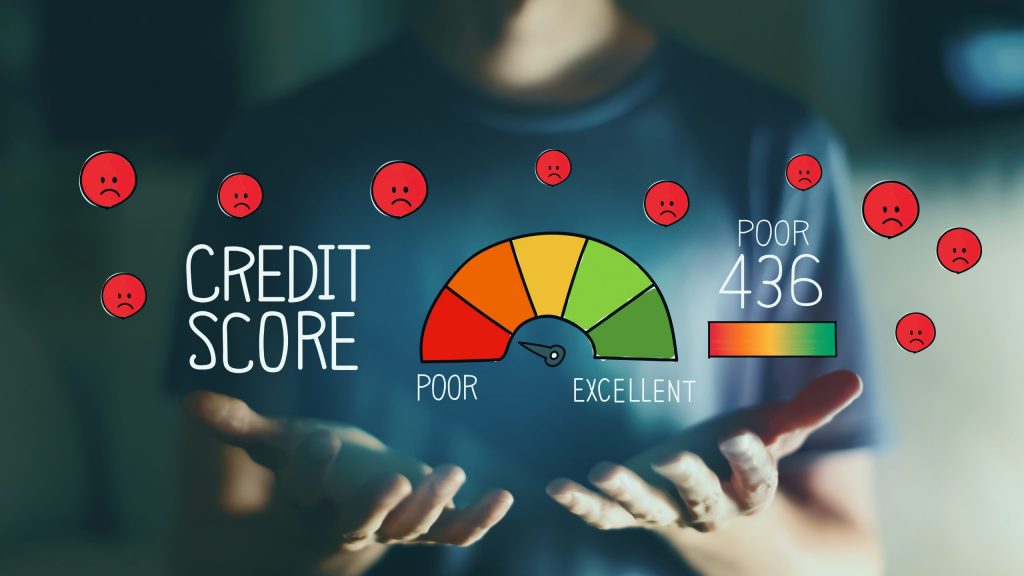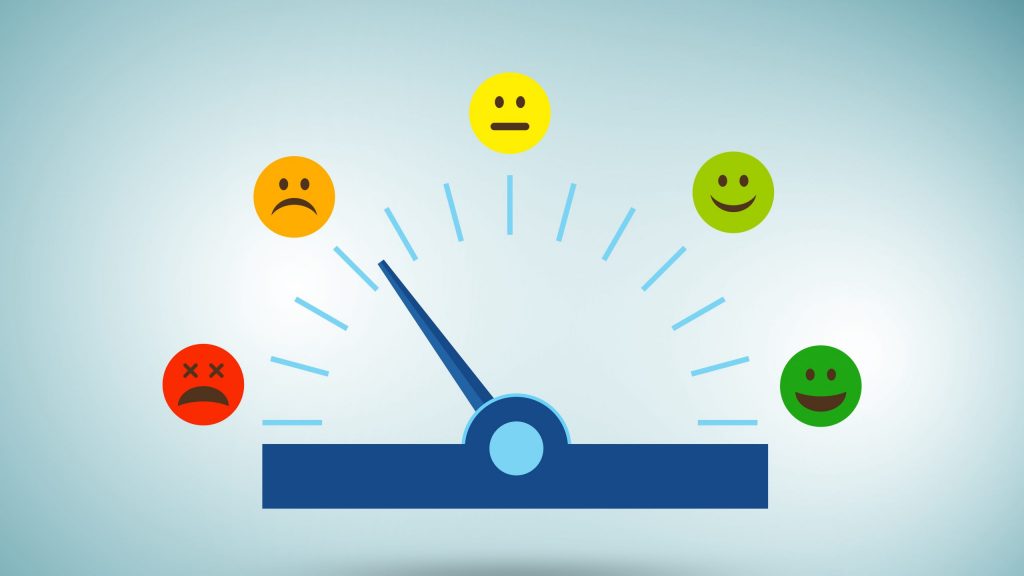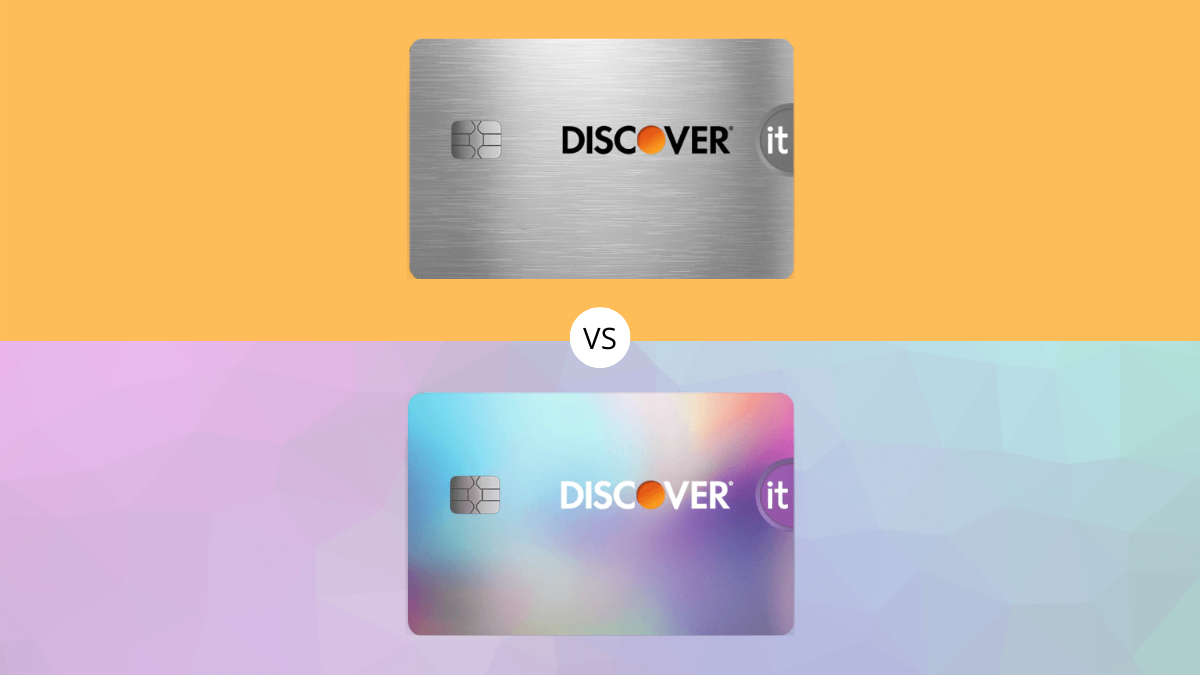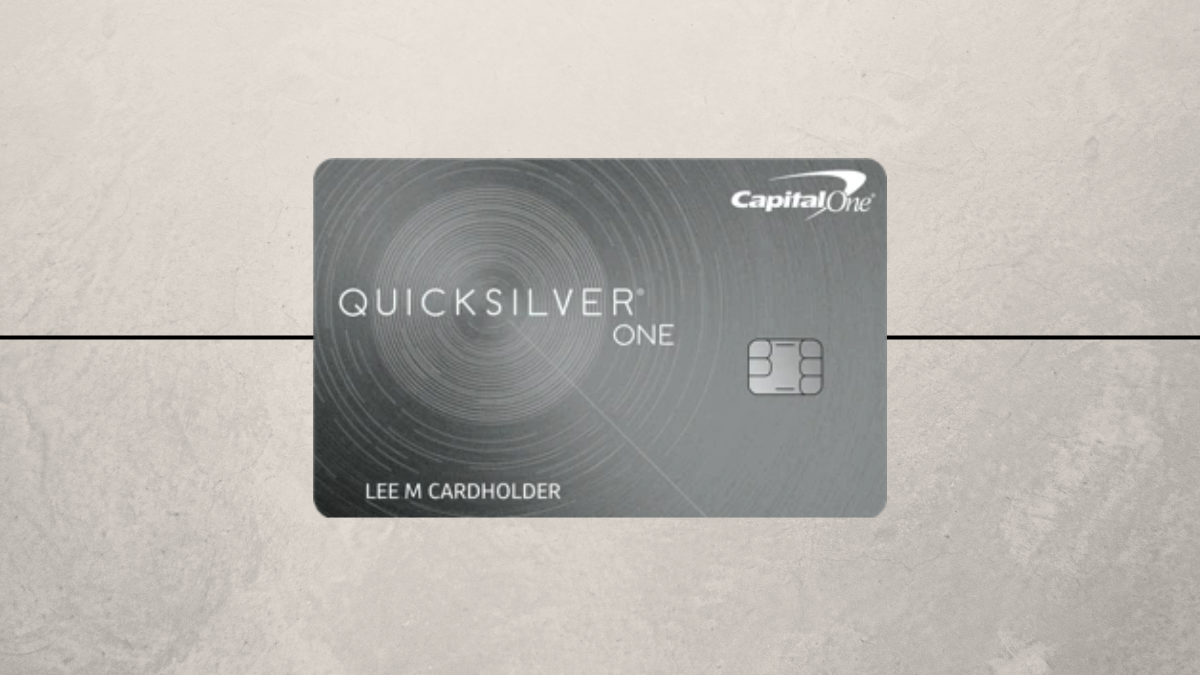Finances
Why did my credit score drop?
Read on and find out why your credit score might have dropped, and what you can do to bring it back to a better level.
Advertisement
Oops! What happened to your credit score? Find out what might have happened and what you can do about it

Your credit score can go down for a number of reasons. Let’s see why your credit score went down and what can make it drop like this.

What credit score is needed to buy a car?
If you are planning on buying a car but does not know what credit score you need to do that, we are going to help you find out.
Some of the reasons that may cause your credit score to drop are recent missed or late payments, hard credit checks, and an increase in your debt-to-income ratio.
The way credit scoring models calculate the activities that affect your credit score reflect the weight each factor has on your score.
For example, your payment history represents the most important factor in the calculation.
The next most important factor is your debt-to-income ratio. This is the amount of credit that you have available versus how much of it you have actually used.
Another very important factor which contributes to your score is the length of your credit history. The longer and the more solid your credit history is, the higher your credit score will be.
Other factors which may influence your credit score include inaccurate information on your credit report. Yes, credit agencies can make mistakes which negatively impact your score.
So let’s dive in and have a deeper look at some of the most common reasons for why your credit score may have dropped.
Then, we will take a look at a few ways for you to recover from a hit to your score.
Being late on payments or missing them altogether

FICO is the most widely used credit scoring model in the United States. In your FICO Score, your payment history is the most important.
Your payment history accounts for 35% of your score and missing or being late on even one payment can have a negative impact.
This fact alone should imprint in your mind the importance of making regular on-time payments.
To help you understand how this works, if you have a payment that has been late for more than 30 days, your lender or credit card company will report the delinquency.
Once one of the main three credit bureaus receive the report, it will result in a drop in your score.
The later you are with your payments, say 60 or 90 days past due, the greater the impact on your score. If you do not make the payments, the credit issuer may hand your debt to a collection agency.
They will record this on your credit report, and it will stain your credit file for seven years.
This serves to show that if there is anything you should prioritize when it comes to your credit score, it is to always make pay on time.
You will be redirected to another website
By submitting this form, I agree that I am 18+ years old and I agree to the Privacy Policy and Terms and Conditions. I also provide my signature giving express consent to receive marketing communications via automated emails, SMS or MMS text messages and other forms of communication regarding financial products such as credit card and loans. Message frequency varies and represents our good faith effort to reach you regarding your inquiry. Message and data rates may apply. Text HELP for help or text STOP to cancel. I understand that my consent to receive communications is not a condition of purchase and I may revoke my consent at any time.
Applying for a loan, a mortgage or a new credit card
Everytime you apply for a new credit line, lenders are going to require that you present a copy of your credit report in order for them to determine the risk you represent as a borrower.
This risk is what we call “creditworthiness”. The way you demonstrate you are creditworthy is by having a long history of on-time payments, low credit usage, etc.
Lenders will also look at the types of accounts you currently hold.
Every time a lender checks your credit history they perform what we call a “hard inquiry”. Hard inquiries show up on your credit report and can stay there for up to two years.
It is natural that you accumulate hard inquiries over time as your credit profile matures.
However, if you apply for too many credit products within a short period of time, hard inquiries can have a significant negative impact on your credit score.
So be mindful when applying for loans, mortgages or new credit cards. Do not overdo it, or it can reduce the likelihood lenders will approve your application.
Having a high credit utilization
If you use your entire credit limit on your credit card, this could cause your credit score to drop.
This is the second most important factor in calculating your FICO score, and it indicates lenders that you are not well-positioned to take on new debt.
To calculate your credit utilization ratio add all your credit card balances together and divide the result of the sum by your total credit limit.
For example, if your total revolving credit is $10,000 and you usually charge about $2,000 each month, your utilization is 20%.
This is not so bad. In fact, ideally you want to keep your utilization ratio below 30% of your total available credit. But bear in mind the best scores keep it below 10%.
Other factors which may affect your credit utilization ratio are closing a credit card and decreasing your credit limits. In both cases you will reduce the amount of credit available.
As a consequence, whatever amount you use from it will increase your utilization ratio. If you think it is financially wise to reduce your credit or close a credit card, by all means do it.
But keep an eye on your utilization ratio.
Having inaccurate information on your credit report

Although this is rare, mistakes do happen in your credit report. Inaccurate personal data or payment history can cause your credit score to drop.
For that reason you should always check your credit reports to ensure there is no inaccurate information in them.
If you find any inaccurate information, you can dispute it with all three major credit bureaus.
However, bear in mind some pieces of data are impossible to dispute, such as credit inquiries, credit scores and accurate birth dates.
How to improve your credit score
Here are a few things you can do to improve your credit score if it has dropped.
Pay your bills on time
As we have previously mentioned, if there is one thing you should prioritize if you want to maintain a high credit score or improve your current one, it is to pay on time.
Set up automatic payments and make sure you have enough money in the bank account you have connected to your card, loan or other bills so that you avoid overdrafting.
Minimize debt
As a rule, try to not buy things on credit that you could not afford to pay cash for. This will keep your payments manageable and keep your credit utilization low.
Have the goal of bringing your credit card balance back to $0 at the end of every month and you will be doing a great job managing your credit.
Monitor your credit
There are many ways you can regularly check your credit score. This helps you identify when there are dips in your score and make the necessary course corrections.
Refrain from applying for too many credit cards
This will keep you from going through too many hard credit checks. Not to mention many cards have expensive annual fees, and having too many cards can induce you to spend more than you can manage.
Set up a budget
Know how much you can spend so that you practice responsible spending habits. Credit cards are known for appealing to people’s impulses. Do not fall prey to that.
Need to cancel a credit card? Learn how to minimize the impact on your credit score!
If you’ve learned something about credit scores, you know that there are many things that will impact them. Some will make it better, while some will damage your score.
One of the things that can damage your credit score is canceling a credit card. But what if you have to do it? Is there a way to cancel a credit card with no harm to your score?
The following post will give you the answer. So, if you’d like to keep a good and strong credit score, read on to learn more about this topic.

How to properly cancel your credit card
If you're looking to cancel your credit card, make sure you do it the right way – or you could damage your credit score. Here's how to cancel a credit card.
About the author / Danilo Pereira
Trending Topics

Earnest Private Student Loan review
Any student looking for a flexible loan should take a look at this Earnest Private Student Loan review. Read this post to learn about it!
Keep Reading
Discover it® Student chrome or Discover it® Student Cash Back
Check out this car comparison between Discover it® Student Chrome and Discover it® Student Cash Back and choose the best for your needs.
Keep Reading
Free Audio Books to Listen: A Comprehensive Guide to Accessing Engaging Content!
Discover the secret to enjoying the best audiobooks free to listen! Your gateway to a world of engaging narratives absolutely free!
Keep ReadingYou may also like

QuicksilverOne Credit Card review
The QuicksilverOne Credit Card from Capital One is a great alternative for those who want to earn rewards at a low-cost. Read our full review!
Keep Reading
Simplii Global Money Transfer review: convenient and inexpensive
Simplii Global Money Transfer review: send money anywhere in the world, using multiple currencies, and paying zero transfer fees.
Keep Reading
The difference between security token and utility token
Learn the key difference between security token and utility token, what they are used for, and which one is best suited to you.
Keep Reading